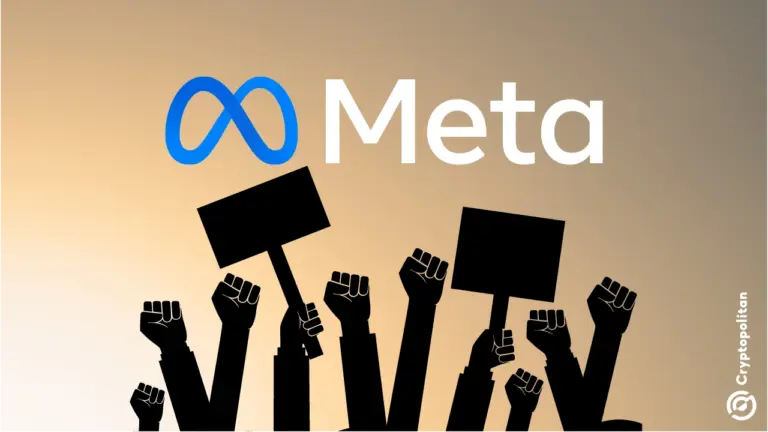Privacy firm Proton launches self-custodial Bitcoin wallet
Key Takeaways
- Proton Wallet allows Bitcoin transactions via email, enhancing ease of use.
- The wallet is part of Proton's efforts to reduce reliance on centralized financial institutions.
Proton, a privacy services company based in Switzerland, has introduced its self-custodial Bitcoin wallet, Proton Wallet. The wallet lets users store and trade Bitcoin without the need for centralized exchanges.
The wallet taps into Proton’s existing security ecosystem and thus enables such unique functionalities as sending Bitcoin via email. Proton Wallet only needs the users’ emails in order to make a transaction, eliminating the need for long addresses which have been the staple of crypto.
Andy Yen, Proton’s founder and CEO, emphasized the wallet’s ease of use, stating, “Proton Wallet’s ability to support Bitcoin via email now makes Bitcoin transactions as easy to use as PayPal while preserving the decentralized and non-custodial nature of Bitcoin.”
The company has also adopted a Bitcoin treasury policy, reflecting its commitment to the cryptocurrency. The launch of its own Bitcoin wallet signifies Proton’s commitment not just to the crypto industry but also tying it to the just-as important areas of security and encryption.
“Bitcoin’s value to society has been hindered by the difficulty of transacting and security concerns, and we designed Proton Wallet to specifically address both,” Yen said, adding that this development would help ” insulate Proton from the risks posed by traditional finance.”
Proton Wallet incorporates built-in two-factor authentication and access to Proton Sentinel, which utilizes machine learning, AI, and human analysis to block malicious login attempts. The company claims this enables protection of user accounts even if login credentials have been compromised. As a self-custodial solution, users retain full control of their private keys. Integrated on-ramps allow users in over 150 countries to purchase Bitcoin directly through the wallet.
Proton’s entry into the crypto space stems from its own experiences with traditional finance. In 2014, PayPal temporarily froze the company’s assets, nearly derailing Proton’s launch. This incident motivated the development of Proton Wallet as a means to reduce dependence on centralized financial institutions.
Founded in 2014 in Switzerland by scientists from CERN, Proton has built its reputation in providing encrypted communication and storage services. But in terms of its crypto dealings, it is worth noting that Proton has a history of Bitcoin engagement, having accepted it for payments since its launch in 2016.
About any possible expansions of the wallet the firm has said that they are open to integrating other currencies, but which ultimately depends on users’ feedback. In its current form, the Proton Wallet looks to be positioned to provide a trustworthy alternative in a space marked by hacks and other security concerns.
At the moment, only Proton Visionary users have access to the wallet, who then could invite up to ten other users. A paid version for everyone, Proton Wallet Plus, is in its planning stage, the firm noted.
Disclaimer: The content of this article solely reflects the author's opinion and does not represent the platform in any capacity. This article is not intended to serve as a reference for making investment decisions.
You may also like
Hackers are targeting Australia’s largest pension funds
Share link:In this post: Hackers targeted major Australian superannuation funds, stealing $500,000 from a few accounts and exposing personal data. Authorities and financial institutions are responding to the breach, urging members to check accounts and update passwords. Credential stuffing using stolen passwords is suspected in the attacks, prompting warnings to use unique logins and enable multifactor authentication.
Meta to end third-party fact-checking in U.S. on April 7
Share link:In this post: Meta will shut down its U.S. third-party fact-checking program on April 7, 2025, ending partnerships with groups like PolitiFact. It will be replaced by Community Notes, a system that lets users add context to posts without triggering penalties. Zuckerberg criticized the old system as biased and overly censorious, and said the change aims to support free speech. Meta is also relocating its moderation teams to Texas, a move some experts say is politically motivated.

Crypto Today: Altcoins Find New Buyers as Microsoft, Apple and Nvidia Lose $1 Trillion in 3 Days
Cardano Approaching First Death Cross: What’s Next for ADA Price?